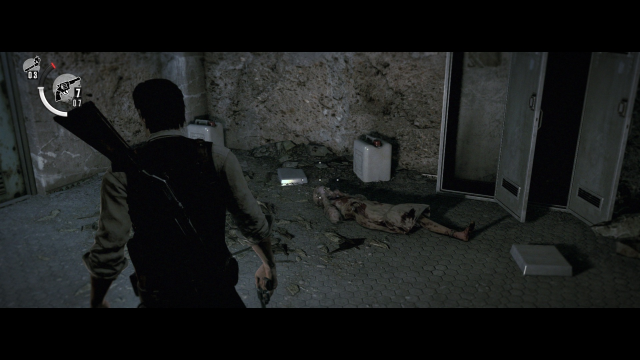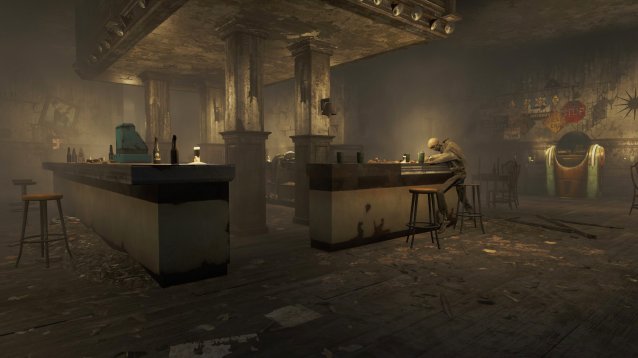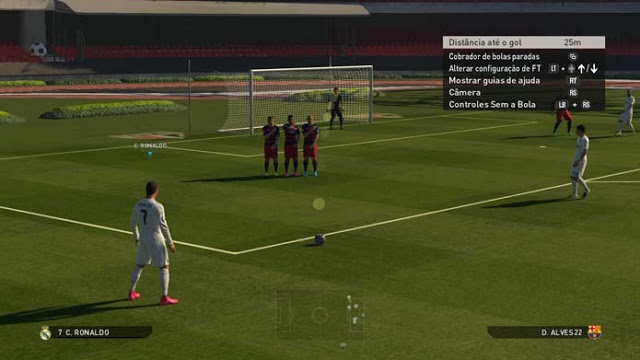

Dark Souls II has been a game hard to beat for many players, even though not for everyone. The following guide will explain you, if you are among those gamers, how From Software made Dark Souls II: Scholar of the First Sin, the new edition of From Software's title, even harder through weapons and armors' durability; then, we will give you some useful tip and suggestion about how to face this without throwing all of your controllers into the TV screen. Please note that the guide doesn't regard Xbox 360 and PlayStation 3 versions of Dark Souls II, as it is based on technical features made possible exclusively by Scholar of the First Sin.

Weapons in Dark Souls II break down faster because durability is technically tied to frame-rate. Frame-rate is higher on PC, PlayStation 4 and Xbox One than on PlayStation 3 and Xbox 360, as it has been improved until 60FPS from the previous 30FPS. Durability is based on the frame-rate from the original game (30FPS), so with 60FPS your weapon degrades 2x faster in comparison with PlayStation 3 and Xbox 360 releases. Many consider this a bug or a lack of programming skills, but we like to see it as a "gift" made by From Software, a developer who cares about its fans mental sanity, indeed... Then we'll go for the easter egg or a silent increase in the difficulty settings.
Our first tip is to always have multiple weapons, just in case your main weapon gets "at risk". "At risk" status is underlined right below your weapon or shield by a red bar: once it got empty, your weapon or shield breaks down. We suggest you to go to a bonfire near your position and get that bar once again full whenever you can, as that will automatically repair your weapon. If the bar gets empty and your weapon gets broken, don't worry anyway: you can go to a blacksmith and have the weapon back to a working state. Remember this will cost you souls: if you don't want to spend them this way, you can still help someone via summon and so restore your weapon's durability.
With that said, you need to be careful about your weapon's durability, and here you have a useful tip to preserve it. Hits on dead bodies increase degradation way faster than hits on enemies that are still alive. In order to avoid useless and even harming hits, try not to chain too many hit combos and note that hitting friendly co-op allies or PVP enemy players will also result in a similar durability loss. Furthermore, parrying degrades weapon or shield that is used to parry, not your main hand weapon.
Don't start the game as Explorer or Deprived, as most weapons you will find in the initial part will have higher stats than you have and you will not be able to use them. This means that the few weapons you have will get broken in a matter of hours. Better start with higher stats in Str/Dex and/or magic, and this means with classes like Knight or Sorcerer, then raise Str/Dex to at least 12. That will let you handle most of the weapons dropped by enemies and have more choice once should your main weapon break up.
You may also find spells able to repair weapons and armors (you will need 10Int.) and rings that reduce durability loss (Bracing Knuckle Ring by 20% or East Wood Grain Ring, too). Let us know in the comments section below whether our tips were useful or you have something better in mind to make gamers journey in Drangleic a bit less painful.




 PES 2016 - Score Goals on Penalties and Free Kicks
PES 2016 - Score Goals on Penalties and Free Kicks Risen 3: Enhanced Edition - all features and release date
Risen 3: Enhanced Edition - all features and release date Destiny The Taken King: Legendary Marks guide
Destiny The Taken King: Legendary Marks guide World of Warships: Torpedo guide
World of Warships: Torpedo guide Final Fantasy Type-0 HD - All 43 LCie Stone Locations
Final Fantasy Type-0 HD - All 43 LCie Stone Locations